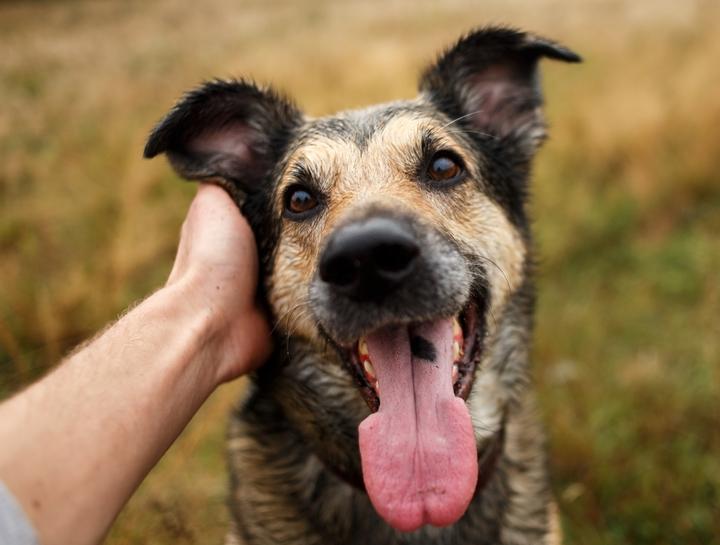Basin Run Animal Hospital Blog #3- Allergies

Hello Everyone! Welcome back to our continued blog series. Our topic for this entry is pet allergies. Just like people, cats and dogs may be susceptible to a wide variety of allergens. We usually break these allergens down to two major sources: environmental and food. It is also possible to for your companion to have sensitivities in both of these categories, which may lead to a long and frustrating series of diagnostic tests. Allergies are often one of the most difficult diseases for our clients to experience due to the toll they take on our furry friends and the strict treatment protocols that need to be followed in order to effectively achieve relief.
Let's talk about our broadest category first: environmental allergies. These types of allergens can exist in both indoor and outdoor settings. While it is likely that the symptoms associated with these come and go with the seasons or weather, pets may have multiple triggers and may be affected year round. Commonly, we will see allergies start to develop in young adult animals, starting around the age of 2-4 years old. Some may have signs show up sooner than 2 years of age, and other pets can develop them later in life as well. Unfortunately, allergies often worsen as the animal gets older, or broaden to include additional irritants. Some symptoms to watch for include: licking of feet, chewing at skin, over-grooming, eye and nose discharge, chronic ear infections, and patchy, greasy, or flaky coat. Allergies can manifest in additional ways, some of which we associate more with our other culprit: food.
Signs that your pet could have a sensitivity to a type of food could include chronic gastric upset such as vomiting or diarrhea, itchy lips or face, and irritation around their rectum. A common misconception about food allergies is to switch the pet to a grain free diet. Unfortunately fad diets from the human world have leaked influence into the pet food industry and have led to a boom of boutique-type diets featuring grain free options. Cats and dogs are more likely to be allergic to a protein source rather than the grains present in their food. While it is not impossible for a pet to be sensitive to wheat or rice, statistically the culprit tends to be the chicken or beef or fish in the diet. One of the only effective ways to diagnose a food allergy is by doing a food trial. A food trial consists of eliminating all food, treats and table snacks from a pet's intake except for a hypoallergenic diet. After the pet has been on this hypoallergenic diet for at least 6 weeks, if there is resolution of clinical signs, protein sources may be independently added back in to test if they cause a reaction. Options for longterm treatment of food allergies would be to keep your companion on a hypoallergenic diet for the rest of their life, or to narrow down their sensitivities one by one until a suitable diet may be determined.
So we've talked about diagnostics and treatment for food allergens, what about environmental? While the symptoms for this type of allergies are no less frustrating to deal with, they do come with a wider variety of treatment options. For extremely mild allergies, over-the-counter medications such as Benadryl or Zyrtec may have an effect for some patients. Antihistamines such as those should still be discussed with one of our veterinarians in order to get an appropriate dose. More often, we see better results with some of our pet-specific products such as Atopica, Apoquel or Cytopoint. These medications work in different ways, but are all used to address environmental allergies. Some cats and dogs also benefit from medicated bathing and omega fatty acid supplementation in order to strengthen the barrier of the skin. Based on the severity of your pet's symptoms, one of our veterinarians may also recommend Allergy-Immunotherapy. This method of treatment involves taking a sample of blood and sending it to our outside lab in order to formulate allergy drops or shots that specifically target the source of those agitating histamines. While the upfront cost for immunotherapy is higher, it is less expensive for longterm treatment and is more effective at relieving symptoms.
We know all too well how stressful it is to deal with the plague that is pet allergies. If you think that your furry friend is exibiting any of these symptoms, please call to make an appointment with one of our veterinarians. As always, here at Basin Run, we care about your pet!
